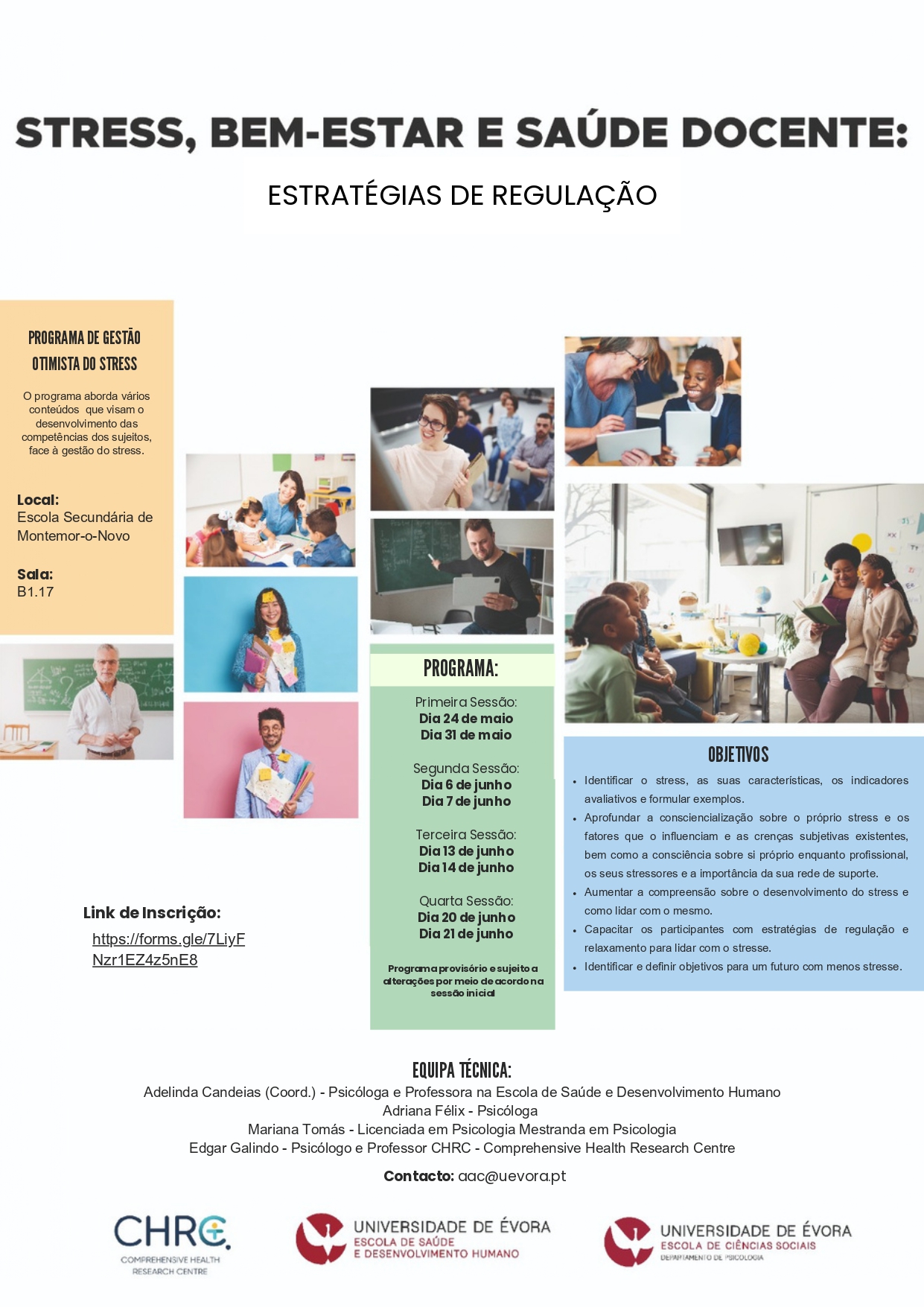- Teacher: Carlos Limpinho
Projetos Da Universidade de Évora
Skip available courses
Available courses
- Teacher: Hugo Miguel Agoga
- Teacher: Vitor Nogueira
- Teacher: Carlos Limpinho
- Teacher: Tiago Sousa
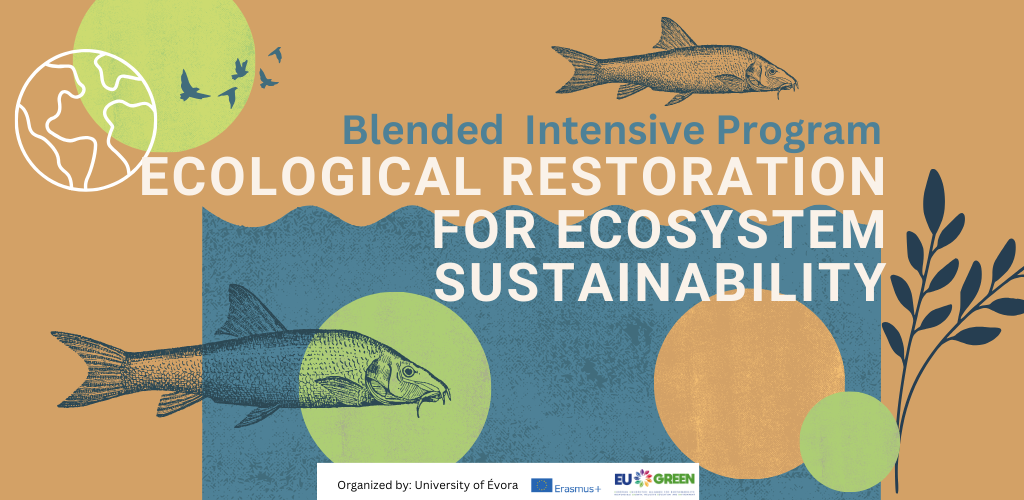
Ecological restoration is a relevant science and a key practical tool for biodiversity conservation, that aims to recreate, initiate, and accelerate ecosystem recovery after being altered or degraded by disturbances.
There is a pledge and a growing demand for ecological restoration actions, framed in several European policies, which will require well-trained, qualified professionals. This BIP is designed to provide skills and competencies to better understand ecological and conservation complexity and to integrate analytical and operational skills in the implementation of restoration plans.
- Teacher: Helena Adão
- Teacher: Carlos Alexandre
- Teacher: Anabela Belo
- Teacher: Rossano Bolpagni
- Teacher: Jose Maria Fariñas-Franco
- Teacher: Iwona Gruss
- Teacher: Nuno Guiomar
- Teacher: Rui Lourenço
- Teacher: Paula Matono
- Teacher: Catarina Meireles
- Teacher: Ana Mendes
- Teacher: Alain Pagano
- Teacher: Silvia Pedro
- Teacher: Nuno Pedroso
- Teacher: Alessandro Petraglia
- Teacher: Carla Pinto-Cruz
- Teacher: Victor Rolo
- Teacher: Pedro A. Salgueiro
- Teacher: Sebastian Świerszcz
- Teacher: Magdalena Szymura
- Teacher: Pedro Lopes

- Teacher: Carlos Godinho
- Teacher: João E. Rabaça
- Teacher: Inês Roque
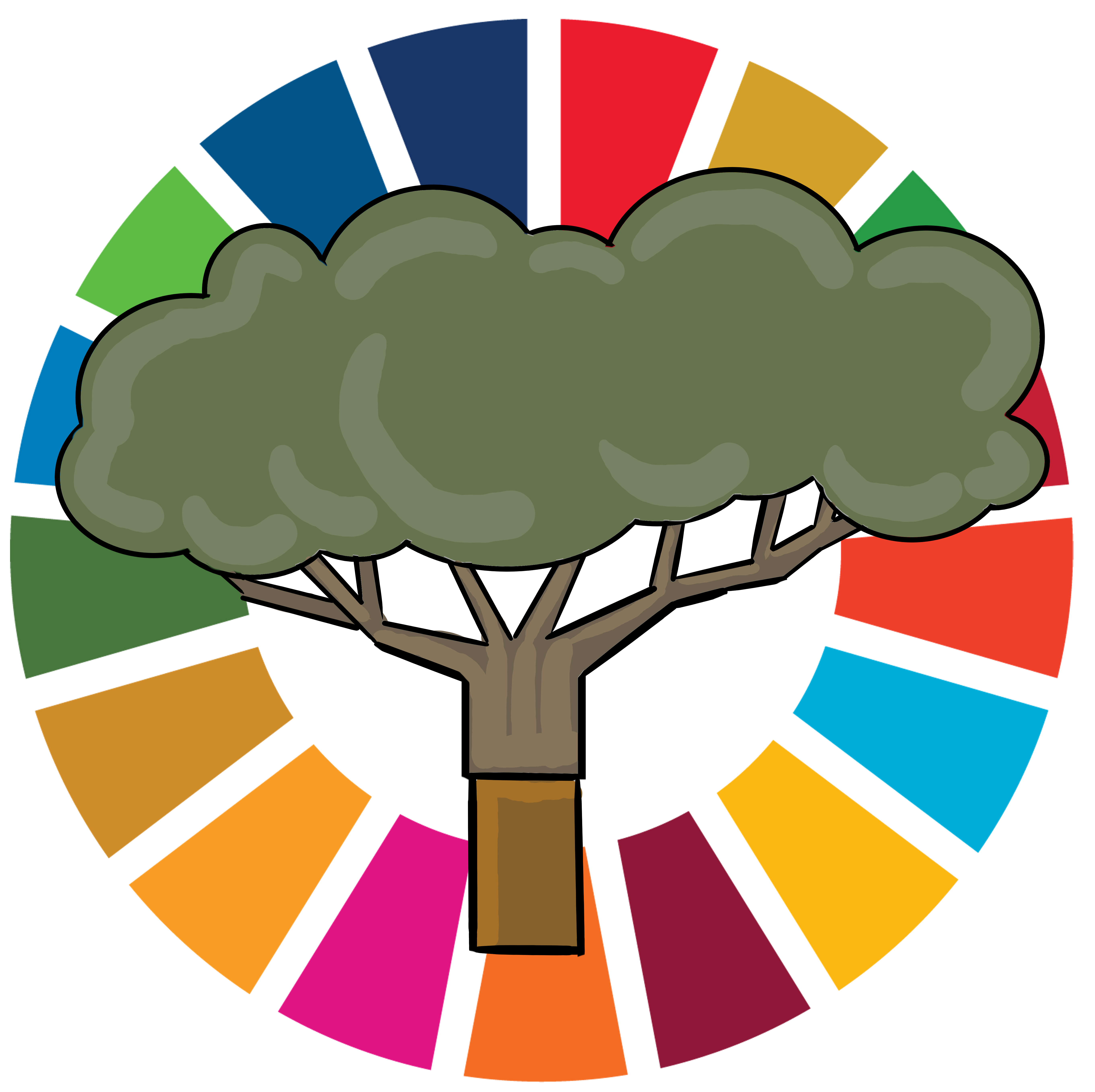
- Teacher: Cláudia Lopes
- Teacher: João E. Rabaça
- Teacher: Inês Roque
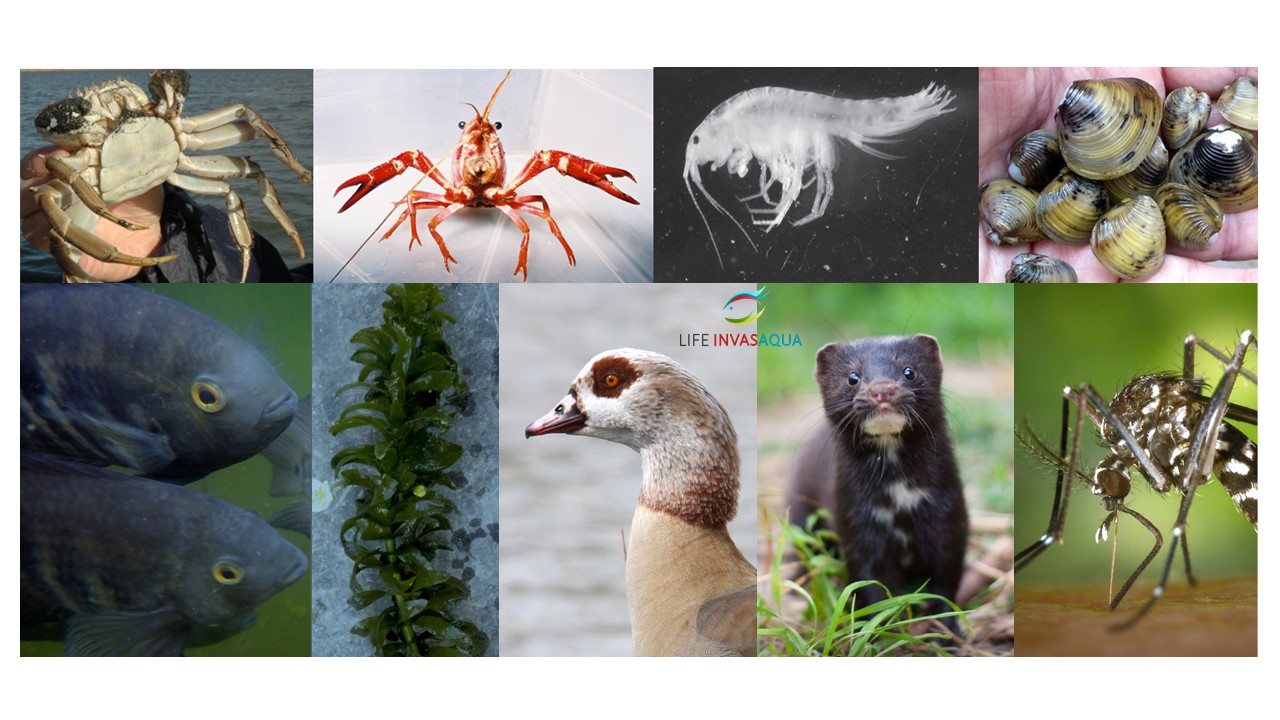
- Teacher: Pedro Anastácio
- Teacher: Pedro Reis Brandão
- Teacher: Ana Frias
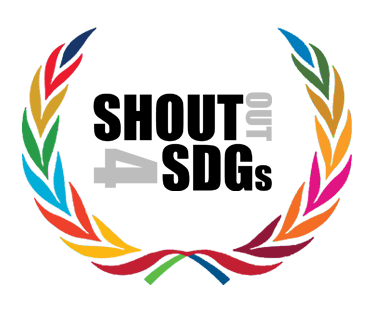
- Teacher: Cláudia Lopes
- Teacher: João E. Rabaça
- Teacher: Inês Roque
- Teacher: Preciosa Filipe
- Teacher: Maria do Rosário Borges
- Teacher: Joana Lima
- Teacher: Jaime Serra
- Researcher (coordinator): Paulo Quaresma
- Teacher: Fátima Bernardo
- Teacher: Carla Semedo
- Teacher: João Viseu
- Teacher: Ana Frias
- Teacher: Ana Advinha
- Teacher: César Fonseca
- Teacher: Manuel Lopes
- Teacher: Lara Pinho
- Teacher: Rita Almeida
- Teacher: Madalena Melo
- Teacher: rita tomaz
- Teacher: Ana Advinha
- Teacher: Manuel Lopes
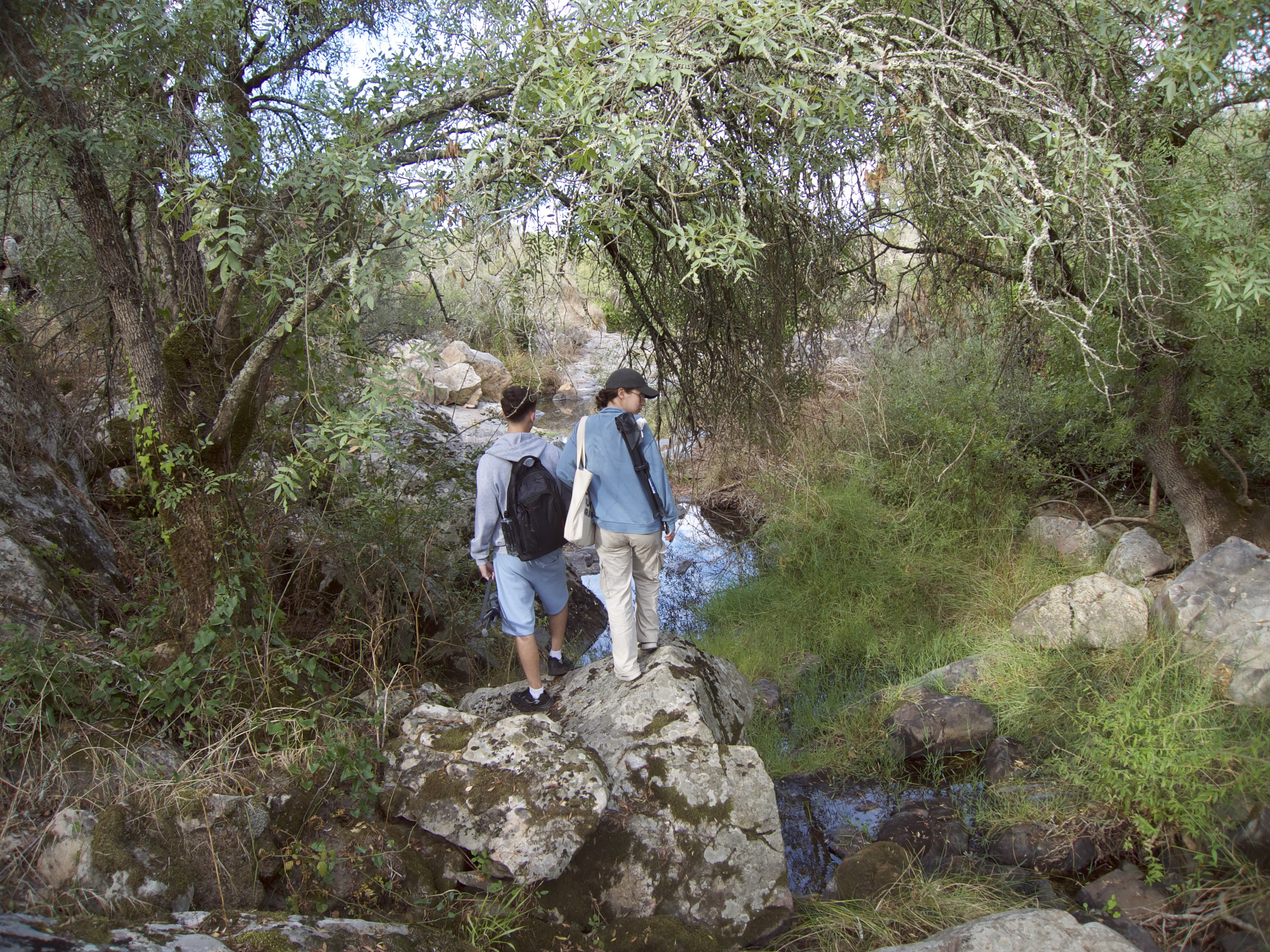
- Teacher: Sofia Aleixo
- Teacher: Maja ANTONIETTI
- Teacher: Antonella Bachiorri
- Teacher: simona bertolini
- Teacher: Maria Assunção Folque
- Teacher: Mark GARAVAN
- Teacher: Deirdre GARVEY
- Teacher: Stephen Hannon
- Teacher: Maria Ilhéu
- Teacher: Asifa Iqbal
- Teacher: Mark Kelly
- Teacher: PILLOT Laure
- Teacher: Rita Melia
- Teacher: John MULLOY
- Teacher: Kevin O’CALLAGHAN
- Teacher: Laure PILLOT
- Teacher: William Pillot
- Teacher: Andrea PINTUS
- Teacher: John Scahill
- Teacher: Guida Veiga
- Teacher: Davy WALSH
- Teacher: Teresa Andrade
- Teacher: Ana Azul
- Teacher: António Borralho
- Teacher: Ana Paula Canavarro
- Teacher: Luísa Carvalho
- Teacher: João Couvaneiro
- Teacher: Paula Cristina Reis Lopes
- Teacher: Sandra Cristina Valadas
- Teacher: Catarina Delgado
- Teacher: Elsa Fernandes
- Teacher: Isabel Fialho
- Teacher: Miguel Figueiredo
- Teacher: João Freitas
- Teacher: Mara Guerreiro
- Teacher: Sónia José Faria de Abreu
- Teacher: Raquel José Vigário Dinis
- Teacher: Josélia Mafalda Fonseca
- Teacher: Amélia Marchão
- Teacher: José Palma
- Teacher: Aldo Passarinho
- Teacher: Manuel Pequito
- Teacher: Martinha Piteira
- Teacher: Chrysi Rapanta
- Teacher: Fernando Rebola
- Teacher: Nuno Ricardo Oliveira
- Teacher: Elsa Rodrigues
- Teacher: Suzi Rodrigues
- Teacher: JOSE SARAGOCA
- Teacher: Ricardo Teixeira
- Teacher: João Torres
- Teacher: Patrícia Xufre

- Teacher: Sofia Aleixo
- Teacher: Maja ANTONIETTI
- Teacher: Antonella Bachiorri
- Teacher: isabel Bezelga
- Teacher: Jorge BRAVO
- Teacher: Maria Assunção Folque
- Teacher: Mark GARAVAN
- Teacher: Deirdre GARVEY
- Teacher: Stephen Hannon
- Teacher: Maria Ilhéu
- Teacher: Fátima LEAL
- Teacher: Susana Mendes Silva
- Teacher: John MULLOY
- Teacher: Kevin O’CALLAGHAN
- Teacher: Laure PILLOT
- Teacher: William Pillot
- Teacher: Andrea PINTUS
- Teacher: Gonçalo Tavares
- Teacher: Guida Veiga
- Teacher: Mili Vizcaino
- Teacher: Davy WALSH
- Teacher: Manuel Lopes
- Teacher: Lara Pinho

The lesson is divided in to 6 topics:
- Agriculture historical steps towards Sustainable Precision Agriculture
- Definition of SPA
- The digital revolution in agriculture: why we talk about a new paradigm
- Tech innovation systems in agriculture
- Economic, environmental and social challenges
- Future trends: businness view and high tech
- Teacher: José Silva
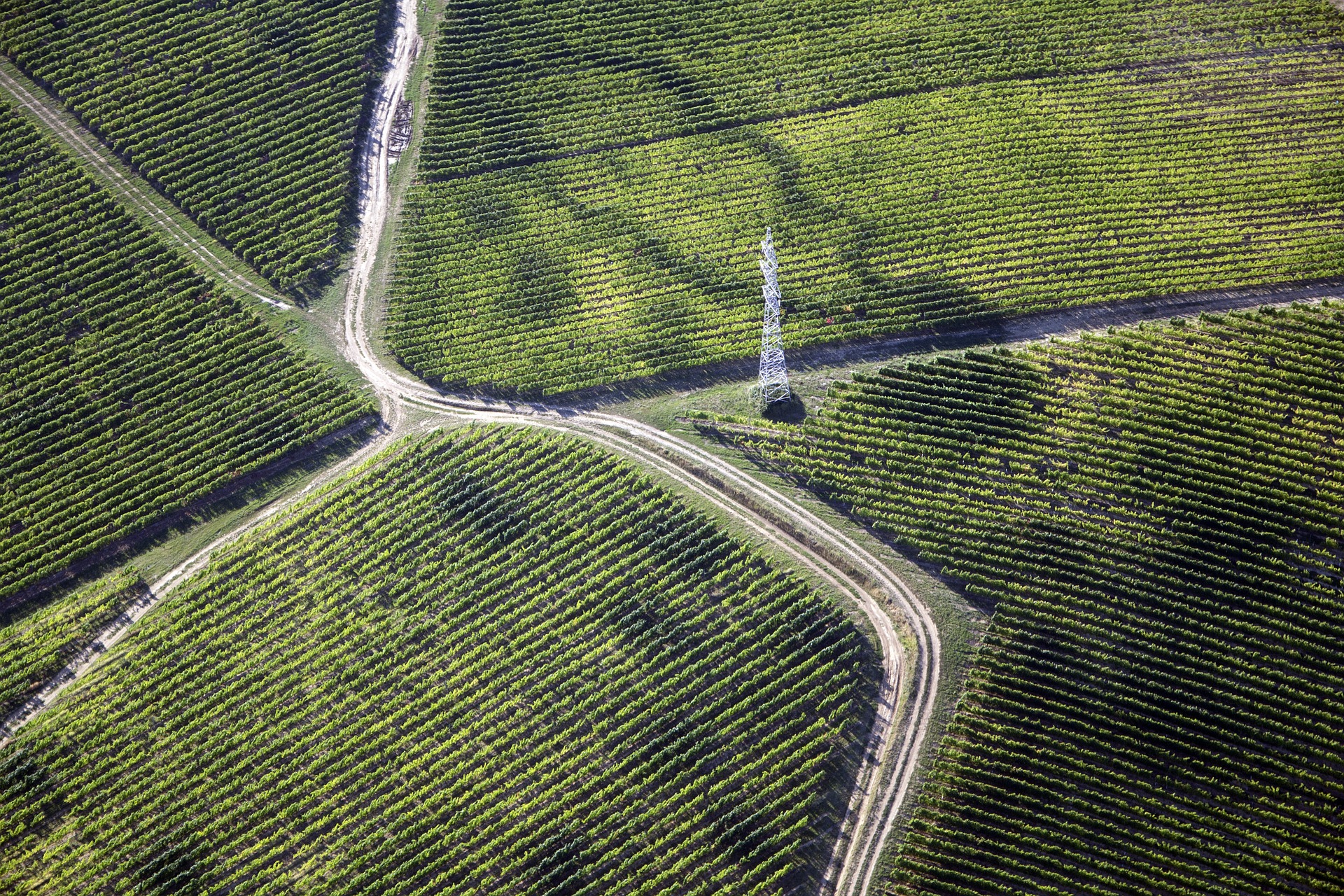
The lesson is divided in to 4 topics:
- The soil-water-plant agrisystem:a little about soil, water and plants
- Value chain system in agriculture: role of SPA
- Arable crops production cycle with SPA technologies
- Vineyards production cycle with SPA technologies
- Teacher: José Silva

The lesson is divided in to 2 topics:
- Positioning systems: GNSS
- Positioning systems: Machinery guidance
- Teacher: José Silva
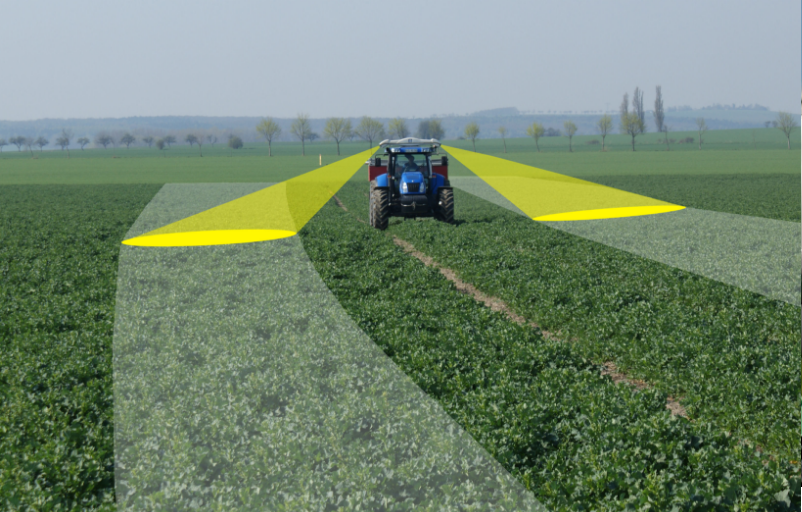
The lesson is divided in to 4 topics:
- Sensors for crop productivity, Yield maps.
- Proximal vegetation sensors
- Soil sensors
- Noded and sensors for multipoint data collection
- Teacher: José Silva

- Variable rate seeding
- Variable rate fertiliser application
- Variable rate spraying
- Variable Rate Irrigation (VRI)
- Teacher: José Silva
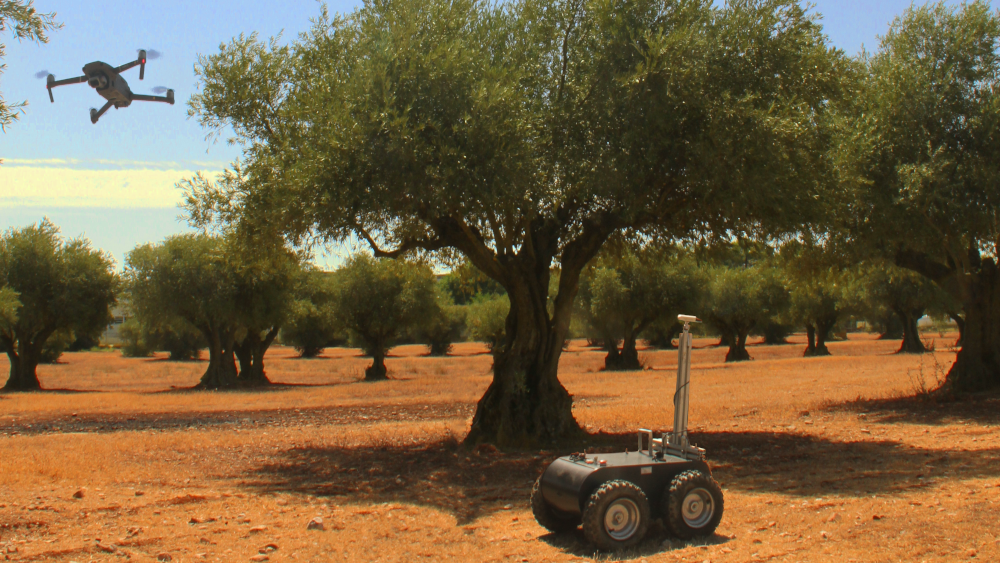
The lesson is divided in to 4 topics:
1b. Robotics: Mobility
2. Robotics: Manipulation
3. Robotics: Fleets
- Teacher: José Silva

The lesson is divided in to 3 topic:
- Basics of geostatistical analysis with GIS
- Principles of data consolidation
- Modelling approach for data analysis
- Teacher: José Silva

The lesson is divided in to 3 topics:
- Electronic Systems for Data Transfer and Command
- Telemetry and farm fleet management
- Internet of Things in agriculture
- Teacher: José Silva

The lesson is divided in to 11 topics:
- CAP Legislation and SPA
- How to start or be in a Union or Cooperative?
- Legislative Constraints
- Legal constraints on technologies
- Stage of Development, Technology readiness levels (TRL)
- Data sharing who is the owner? Who will use it?
- Legislation of the EU on organic cultivation.
- Quality Assurance for Food
- Climate Change
- Social Leadership: Community management online/offline, Dissemination of the manager concept, Rules for pitching and public speaking how to approach farmers,
- Introduction, Definition, Examples (Social networks, Value Chains) - Sharing is caring, Develop hub for SPA, Flexible methodologies, Hubs or Clusters innovation facilitators, Social aspects of SPA, social networks, value chain agreement
- Teacher: José Silva

The lesson is divided in to 8 topics:
- Vision and Mission
- Business Model Canvas
- Lean Management in SPA
- Local Ecosystem Key Actors
- Identikit and features of the "successful" entrepreneur
- Foresight Analysis
- Business Plans
- Entrepreneurship in the value chain: case study from Rezos
- Teacher: José Silva

The lesson is divided in to 5 topics:
- Principles of Farm Management
- Innovation Processes
- What to do with data?
- Software for Farmers - FMIS
- Study Cases (web)
- Teacher: José Silva
- Teacher: Victor Ângelo
- Teacher: José Belbute
- Teacher: António Buainain
- Teacher: José Caetano
- Teacher: Luís Cunha
- Teacher: Maria Galito
- Teacher: Bernardo Ivo Cruz
- Teacher: Jorge Macedo
- Teacher: Pedro Martins
- Teacher: Catherine Mota
- Teacher: Fernando Ribeiro
- Teacher: Joaquim Silva
- Teacher: José Silveira
- Teacher: Miguel Sousa
- Teacher: Odair Varela
- Teacher: Carlos Zorrinho
A UC aborda a multiplicidade de
fatores que ancoram as dinâmicas da Globalização, mormente:
- Analisa abordagens da Economia
Política Internacional sobre a Globalização
- Examina a intensidade, características
e tendências dos fluxos de Comércio internacional e do Investimento Estrangeiro
- Estuda metodologias
e indicadores de medição das diferentes componentes da Globalização
- Carateriza desafios
económicos, sociais e ambientais em prol do Desenvolvimento Sustentável
- Avalia Políticas Públicas de combate à Desigualdade ente países
- Teacher: Ana Africano
- Teacher: Manuel Branco
- Teacher: José Caetano
- Teacher: Fernando Cardoso
- Teacher: Maria Guimarães
- Teacher: Alfredo Marques
- Teacher: Marcelo Medeiros
- Teacher: Manuel Porto
- Teacher: Victor Prado
- Teacher: Cristina Seia
- Teacher: Cristiana Silva
- Teacher: Joaquim Silva
- Teacher: Miguel Sousa
- Teacher: Vera Thorsten
- Teacher: Elsa Vaz
- Teacher: Isabel Vieira
- Teacher: Carlos Zorrinho
Área de formação - Estatística Aplicada à História
- Teacher: Cesaltina Pires

- Teacher: Ana Advinha
- Teacher: Maria José Bule
- Teacher: César Fonseca
- Teacher: Margarida Goes
- Teacher: Manuel Lopes
- Teacher: Bruno Morgado
- Teacher: Lara Pinho
- Teacher: Maria de Fátima Santos Rosado Marques
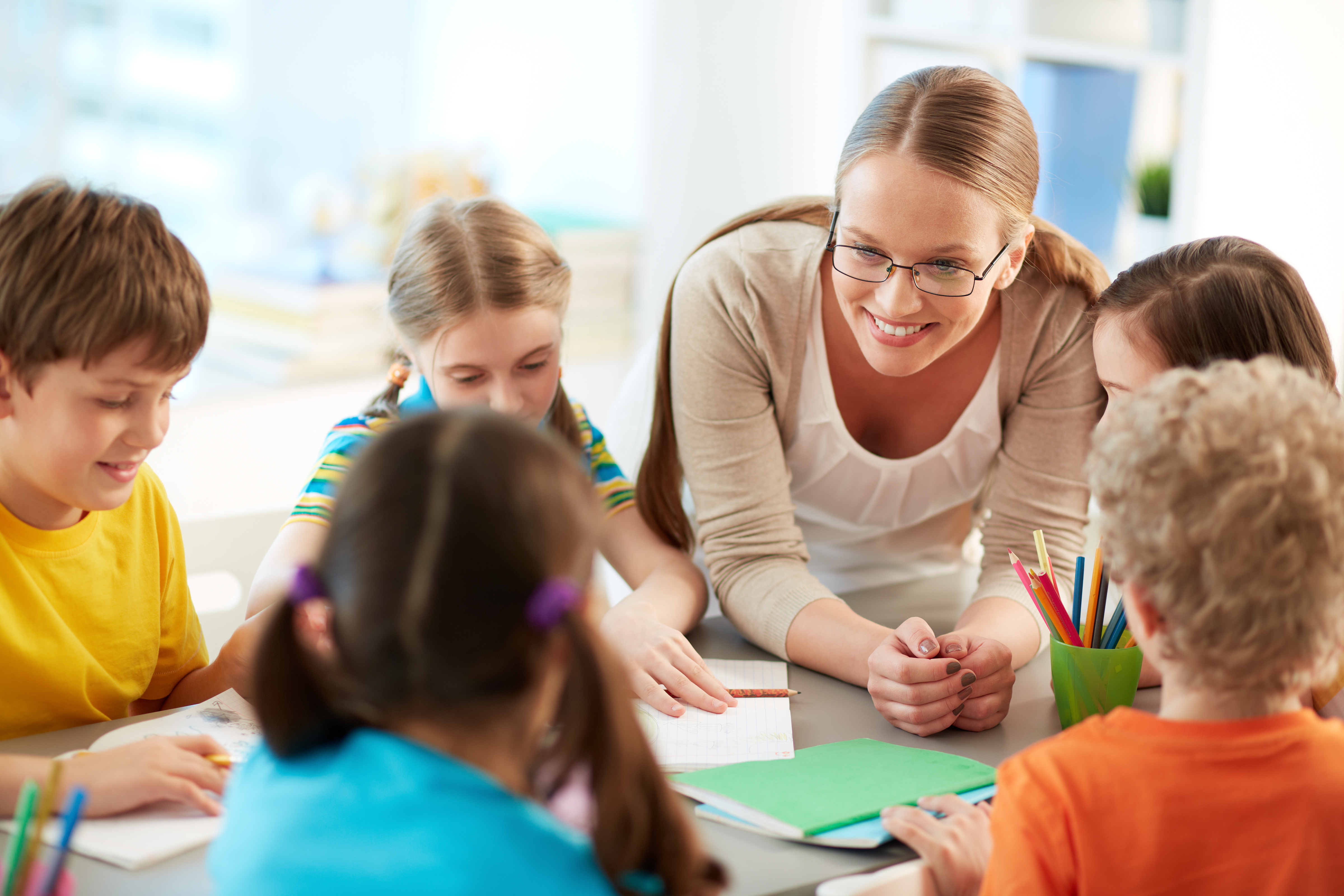
- Teacher: Inês Calisto
- Teacher: Adelinda Candeias
- Teacher: Maria Carapeto
- Teacher: Susana Fragoso
- Teacher: Maria da Glória Salazar d'Eca Franco
- Teacher: Cristina Gama Guerra
- Teacher: Luísa Grácio
- Teacher: HELDEMERINA PIRES
- Teacher: António Portelada
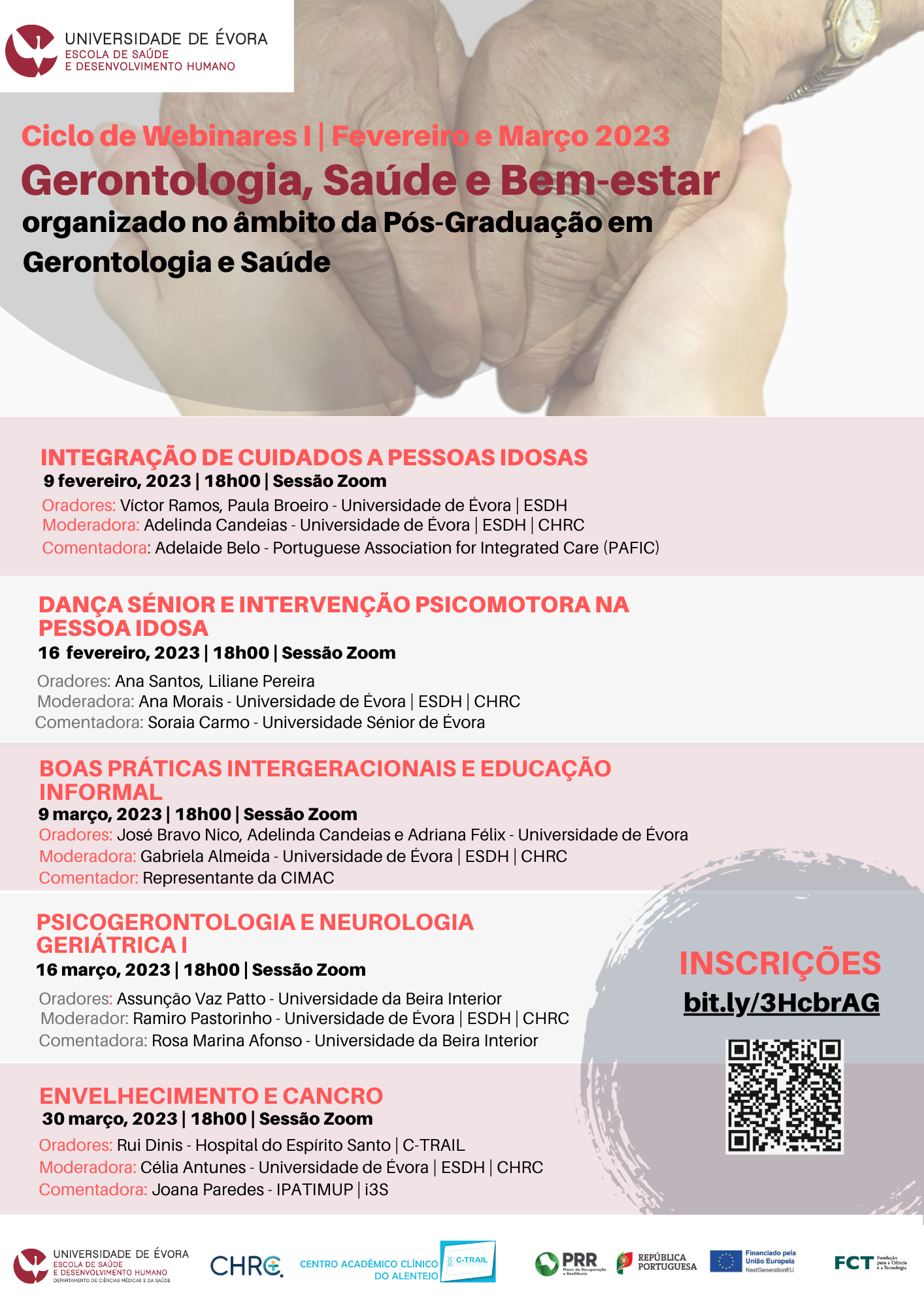
- Teacher: Gabriela Almeida
- Teacher: Adelinda Candeias
- Teacher: Catarina Pereira
- Teacher: Gabriela Almeida
- Teacher: José Marmeleira
- Teacher: Ana Artur
- Teacher: Hugo Folgado
- Teacher: Elsa Lamy
- Teacher: Clarinda Pomar
- Teacher: Joao Rita
- Teacher: Guida Veiga
- Teacher: José Marmeleira
- Teacher: Ana Rita Matias
- Teacher: João Nabais
- Teacher: Luís Bandeira
- Teacher: Luís Grilo
- Teacher: Carlos Ramos
- Teacher: Pedro Lopes

- Teacher: Ana Alexandra Silva
- Teacher: António Borralho
- Teacher: Marília Cid
- Teacher: Isabel Fialho
- Teacher: Gertrudes Guerreiro
- Teacher: Agostinho Rosa
- Teacher: Elsa Vaz
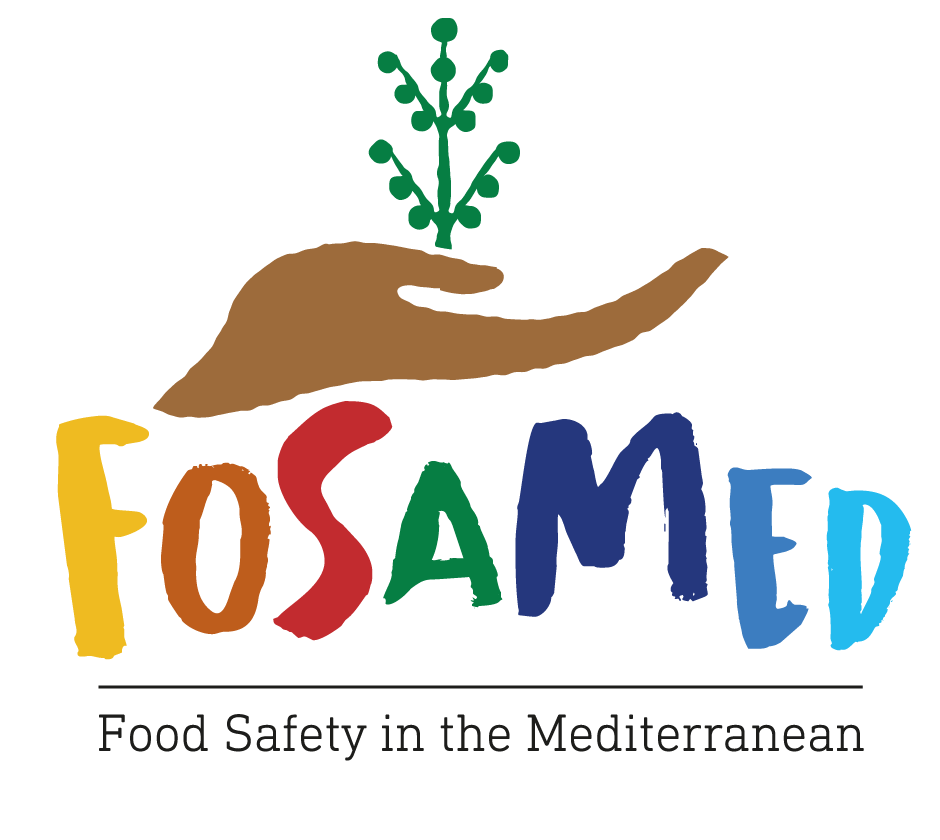
- Teacher: Ana Cristina Agulheiro Santos
- Teacher: Blanca Barrau Martinez
- Teacher: Sonia Bombico
- Teacher: Montserrat Cofan
- Teacher: Elsa Duarte
- Teacher: Miguel Elias
- Teacher: Cristina García-Aljaro
- Teacher: Susana Guix
- Teacher: Maria Izquierdo-Pulido
- Teacher: Elsa Lamy
- Teacher: Marta Laranjo
- Teacher: clase Llorach
- Teacher: Anallely López Yerena
- Teacher: Eduarda Potes
- Teacher: Montserrat Riu-Aumatell
- Teacher: Mireia Urpi-Sarda
- Teacher: Maria Zeron-Rugerio

- Teacher: Tiago Almeida
- Teacher: Maria Assunção Folque
- Teacher: fatima aresta Godinho
- Teacher: Elisabete Gomes
- Teacher: Maria Ilhéu
- Teacher: Isabel Martins
- Teacher: LIANOR MARIA MATTOS E SILVA BASSO
- Teacher: Cláudia Pinheiro
- Teacher: Ana Pires
- Teacher: Ana Rasteiro
- Teacher: Estela Rodrigues
- Teacher: Ana Simoes
- Teacher: Mariana Valente
- Teacher: Catarina Vaz-Velho
- Teacher: Gabriela Almeida
- Teacher: Maria Assunção Folque
- Teacher: José Marmeleira
- Teacher: Clarinda Pomar
- Teacher: Graça Santos
- Teacher: Guida Veiga
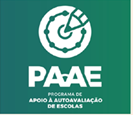
O Programa de Apoio à Autoavaliação das Escolas visa apoiar as/os escolas/agrupamentos na construção ou consolidação dos seus processos de autoavaliação institucional tentando, assim, contribuir para o desenvolvimento organizacional e a melhoria da qualidade dos serviços prestados.
- Teacher: Ana Paula Correia
- Teacher: Ana Maria Cristóvão
- Teacher: Isabel Fialho

- Gestor: Ana Maria Cristóvão
- Gestor: Isabel Fialho
- Gestor: Luís Sebastião

- Teacher: Adelinda Candeias
- Teacher: Tiago de Barros Mendes
- Teacher: Sandra Pais
- Teacher: Andreia Rodrigues
- Teacher: Maria de Fátima Santos Rosado Marques

- Teacher: Adelinda Candeias
- Teacher: Andreia Rodrigues
- Teacher: Maja ANTONIETTI
- Teacher: MARIA ELENA BAUDINELLI
- Teacher: Matteo Cattaneo
- Teacher: Maria Assunção Folque
- Teacher: Rita Melia
- Teacher: Alessia Montanari
- Teacher: Andrea PINTUS
- Teacher: Alessandra Renda
- Teacher: Mary Skillington
- Teacher: Catarina Vaz-Velho
- Teacher: Guida Veiga
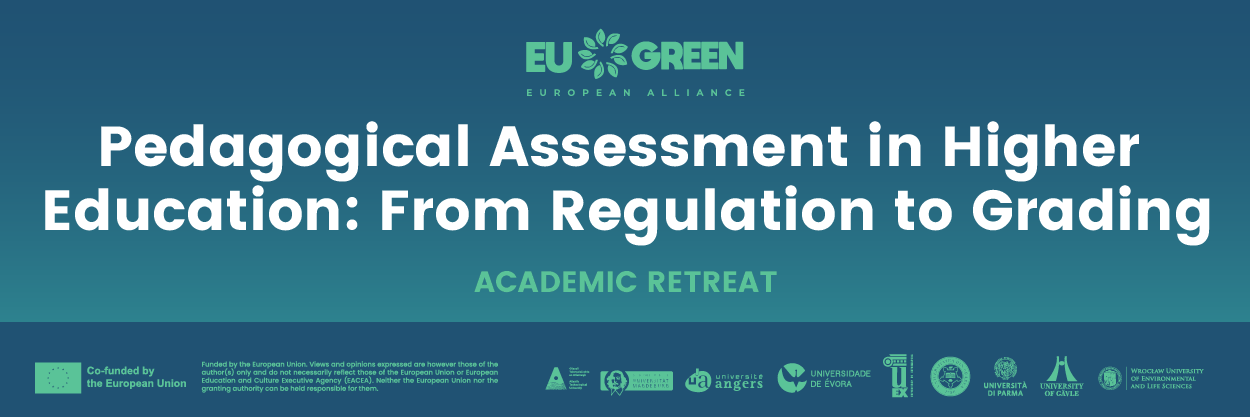
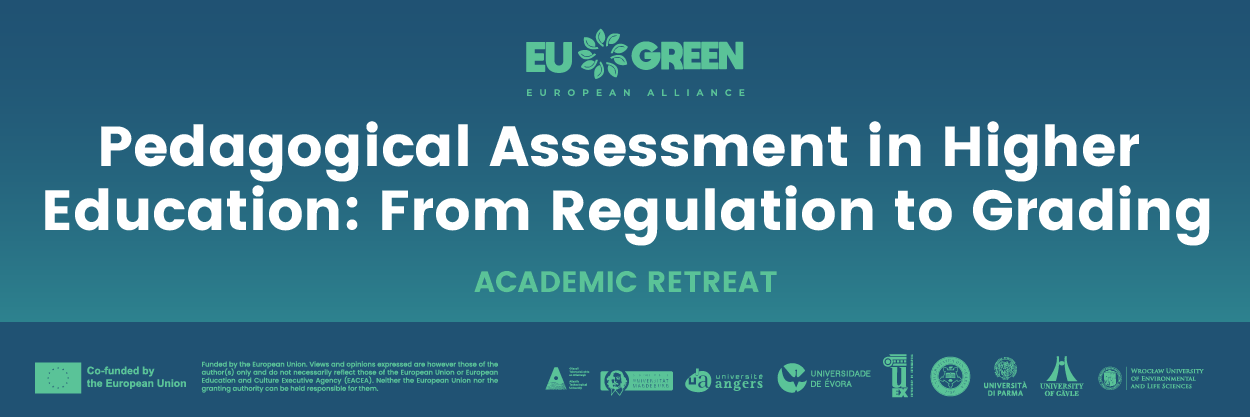
- Teacher: Marília Cid
- Teacher: Marcelo Coppi
- Teacher: Isabel Fialho
- Teacher: Hernâni Oliveira
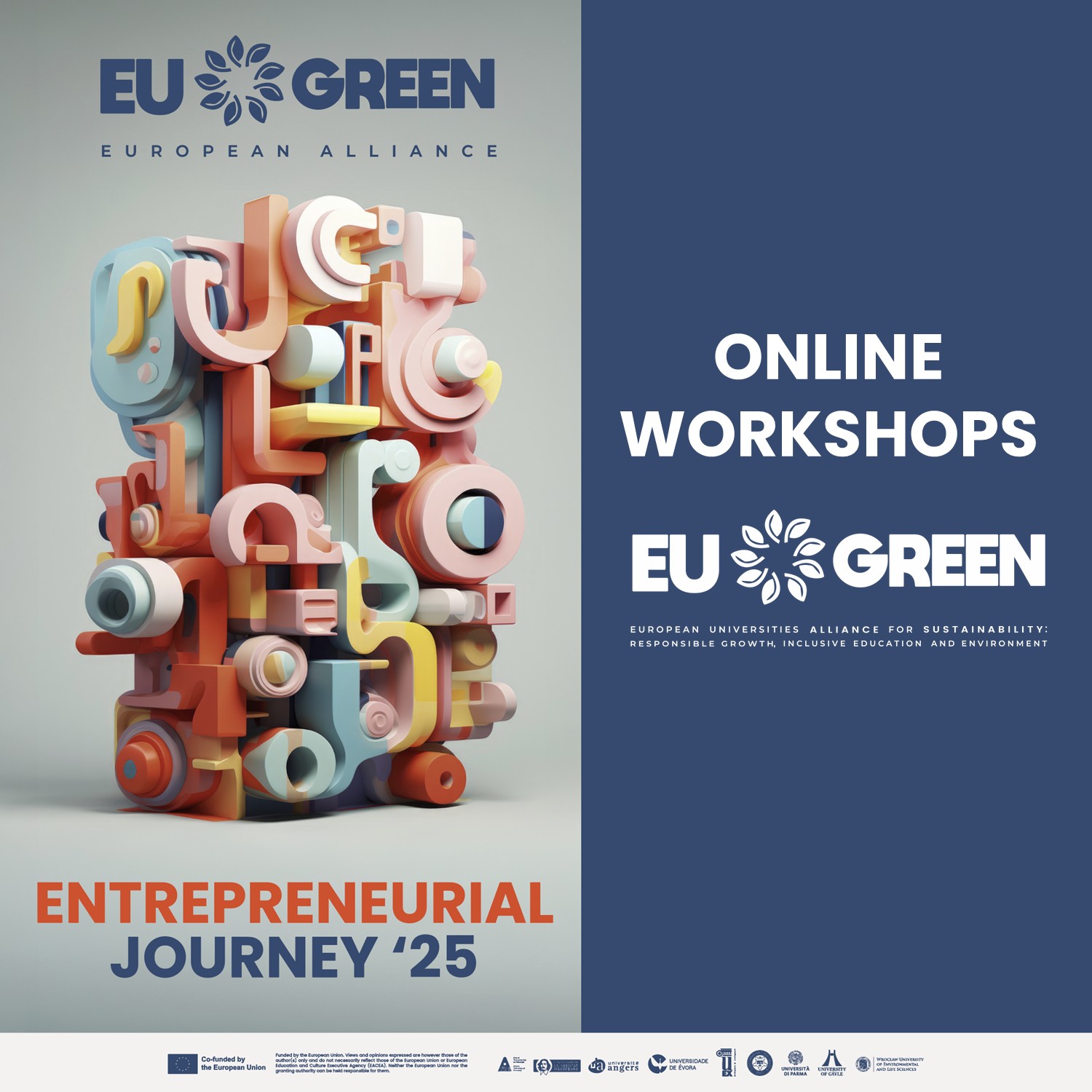
The EU GREEN Entrepreneur's toolbox to kickstart a business aligned with the main principles of sustainability
- Teacher: Hernâni Oliveira
- Teacher: Cesaltina Pires
- Teacher: Vladimir Bushenkov
- Teacher: Dulce Gomes
- Teacher: Pedro Marques
- Teacher: Maria Nazaré Mesquita

